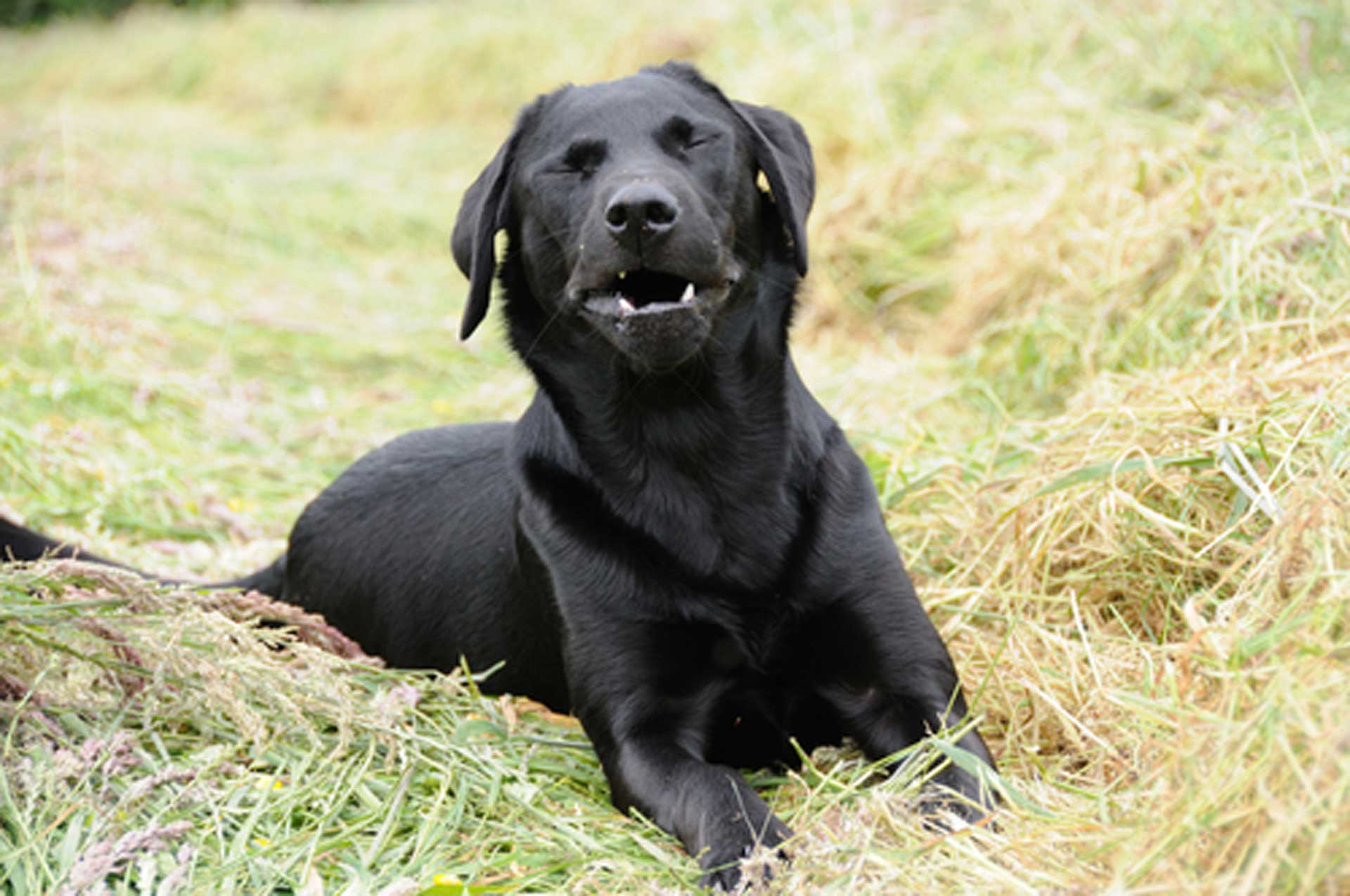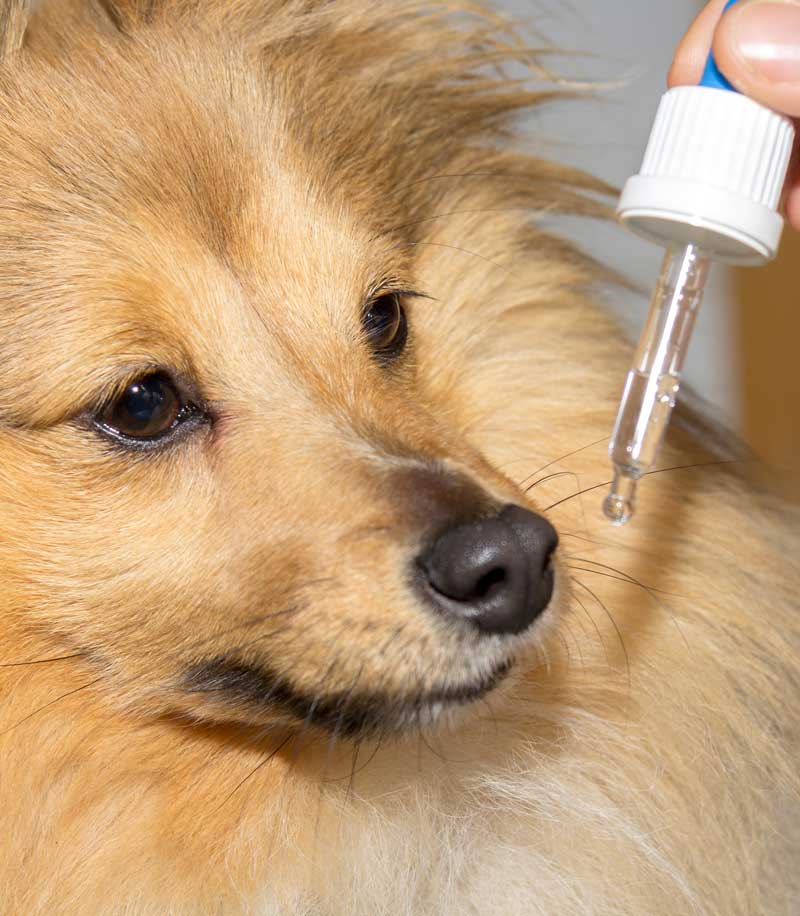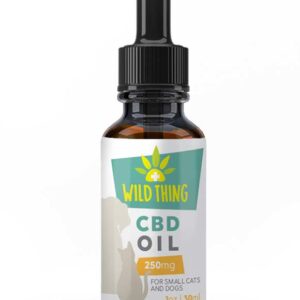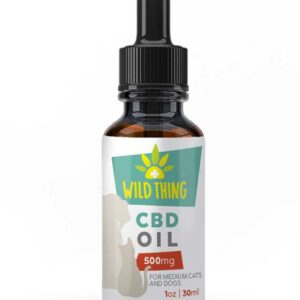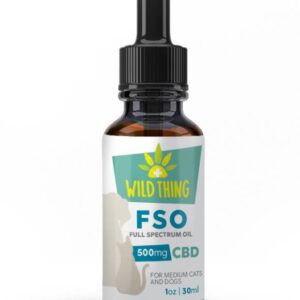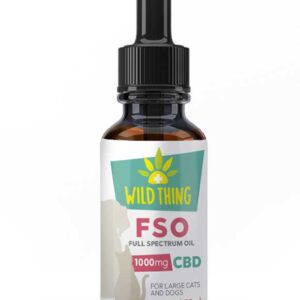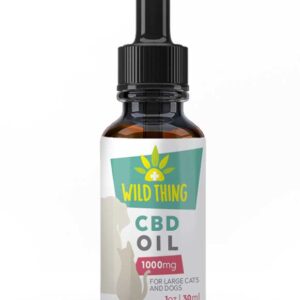We’ve all experienced it: your dog caught in a sneezing fit, you can only watch, helpless. Why do our dogs sneeze? How can we help to prevent these fits of sneezing or reverse sneezing?
Like a cough, sneezes are your dog’s bodily reaction to irritants, allergens or invasive bacteria. By expelling air and mucus through the nasal cavities, your dog is trying to force out the particles that are causing their immune system to act. Sneezes can be triggered by internal and external irritants, but the most likely causes are spores, pollen, dust, dander, mites or bacteria that are breathed in or ingested.
On the other paw, the “Reverse Sneeze” is not actually a sneeze but an aspiration reflex more similar to asthma. A reverse sneeze can be caused by similar irritants or infectious particles, but it occurs more commonly in small breed dogs with breathing/airway disorders (such as Pugs, Shih Tzus, etc). Also known as mechanosensitive aspiration reflex, reverse sneezes sound like a honking/barking cough.
Ailment Guides:
Travel Anxiety In Dogs
Weight Loss In Dogs
Canine Blisters
Canine Sneezing
Causes Of Sneezing
As previously mentioned, sneezing or reverse sneezing is the body’s reaction to foreign contaminants. It is usually best to allow your dog to try and expel whatever irritants are causing them to sneeze. However, sometimes violent fits of sneezing can occur and cause your dog to thrash or spasm, potentially leading to bodily harm. When these bouts of uncontrollable sneezes occur, it is best to try and remain calm and remove any objects from around your canine.
Dogs can experience sneezing for many reasons, but the most common occurrences are due to:
- Everyday Irritants (dust, carpet fibers, hair, etc)
- Nasal Parasites (mites, fleas, worms)
- Airway Blockage(s) (nasal tumors, swelling/inflammation of airway, mucus)
- Allergens (plant spores or pollen, grass clippings, decomposed plant material, animal hair [shedding])
- Infections/Diseases (upper respiratory ailments, dental infections, asthma-related conditions, molds or fungal infections)
A dog’s nose is one of its primary sensory organs. Canines rely on their snouts to navigate through each and every day, so the fact that your pooch’s nose is working overtime is one of the more obvious reasons for frequent sneezing. This can be especially true during seasonal changes. Pollen, spores, plant and animal materials in the air are attractive stimuli to your dog’s olfactory senses, and in seeking these smells or scents out your dog can come into contact with numerous irritants.
Treatment Of Sneezing & Reverse Sneezing:
When your dog is stuck in a sneezing fit, there isn’t much you can do except to monitor your canine and be ready to help calm him/her down. If your dog begins to thrash about, make sure you can remove any sharp or potentially damaging objects from their vicinity. Having water ready-at-hand is also advised – thorough hydration following an attack of sneezing can help to flush the irritants.
Although there are not many direct treatments, if your dog suffers chronic sneezing or reverse sneezing then it might be necessary to visit the veterinarian. Chronic or debilitating sneezing fits can be a sign of serious illness or disease. Some signs to watch out for:
- bloody or discolored discharge/mucus
- swelling around the snout, nostrils or within the nasal cavities (“puffy face”)
- raspy breathing or difficulty breathing through nose
Why CBD Can Be An Effective Treatment & Preventative For Sneezing
CBD – or Cannabidiol – can be very effective at supporting your dog’s immune system.
Cannabidiol (CBD) can be very beneficial for maintaining your dog’s immune system, cardiovascular system and overall vitality. CBD helps to lessen the effects of lethargy, gastrointestinal issues and reduces anxiety, aggression and stress-related disorders.
Think of CBD as a supplement that can help to support your dog’s immune system and can help to reduce the severity and frequency of most of your dog’s allergies or respiratory symptoms.
Cannabidiol is a phytocannabinoid that has been shown to have a prominent effect on numerous ailments – including epilepsy, arthritis and cancer. Remedies containing CBD achieve this by interacting with your dog’s endocannabinoid system. Almost all animals, like people, have an endocannabinoid system; this network of neurotransmitters is integral to physiological processes like memory, mood, pain, stress and appetite.
This complex biosystem is very prevalent in dogs in comparison to other species. Canines have a high concentration of CB1 & CB2 receptors in their brainstem. CB1 receptors affect the brain, lungs, vascular system and muscles, gastrointestinal function; whereas, CB2 receptors are linked to bones, skin spleen and glial cells. In combination, CB1-CB2 collaborate in influencing the overall immune system, liver, kidneys, bone marrow, pancreas and brainstem.
CBD can help your dog by producing anti-inflammatory, anti-anxiety, antipsychotic, antispasmodic and analgesic effects indirectly – that is, CBD interacts with your dog’s ECS (Endocannabinoid System) opposite to THC which directly binds to the Cannabinoid Receptors of the body. This does two things: makes the positive remedial properties more bioavailable to your dog; and lessens or negates the psychoactive effects, such as those associated with THC ingestion.
As you can see by the scope of ailments that are affected by CBD, it is clear how introducing CBD into your dog’s routine can benefit their vitality.
Ailment Guides:
Giardia In Dogs
Bad Breath In Cats
Kidney Disease In Cats

